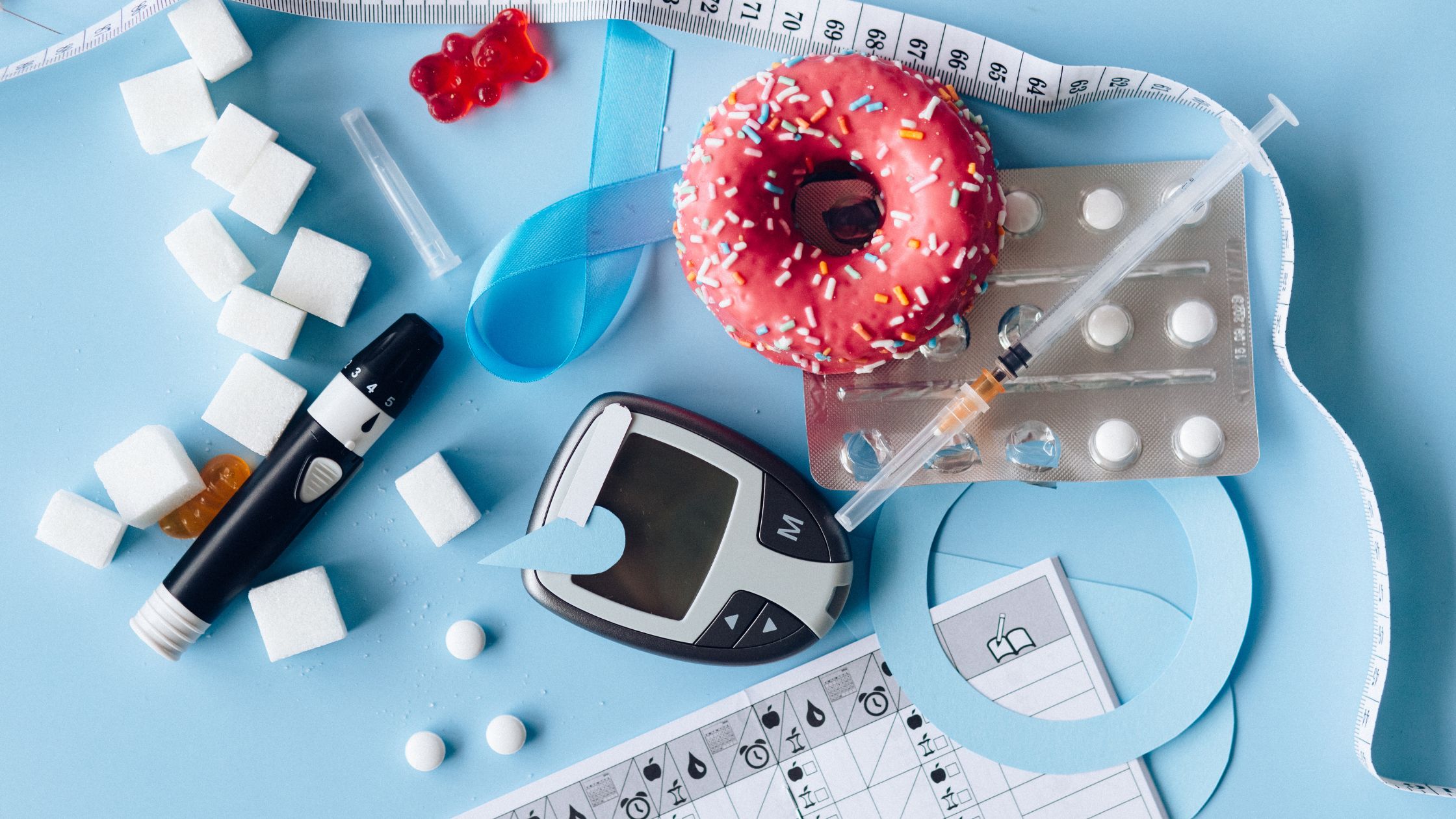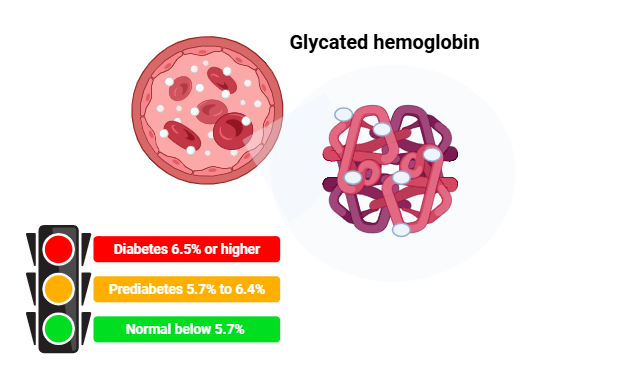
Being diagnosed with Diabetes can be devastating, but with the right knowledge and strategies to manage your condition, you can regain control of your health and even reverse diabetes.
Diabetes is a chronic metabolic disease characterized by consistently high blood sugar levels that can lead to many serious and potentially life-threatening complications such as heart disease, kidney failure, nerve damage, and blindness.
According to the World Health Organization (WHO), approximately 830 million people are living with diabetes, and this number continues to rise at an alarming rate, making it one of the fastest-growing public health crises. Early detection and proper management are crucial in preventing complications and improving the quality of life for those living with diabetes.
One of the most important tools your healthcare provider uses to assess your progress is monitoring your HbA1c levels. But what exactly is HbA1c, and why is it so crucial in diabetes management? In this blog post, we’ll dive into what HbA1c is, why it's vital for managing your diabetes, and how you can leverage on this knowledge to take better control of your health with effective strategies.
What is HbA1c?
HbA1c, also known as glycated hemoglobin, is a blood test that can reveal your average blood sugar (glucose) levels over several months. This test is a vital part of diabetes care, offering a snapshot of how well your blood sugar has been controlled.
To understand how HbA1c works, let’s break it down:
So, the higher your average blood sugar levels have been over the past few months, the more HbA1c you will have in your blood. This makes HbA1c a powerful marker for understanding your long-term blood sugar trends.

How to interpret your HbA1c Level?
The interpretation of HbA1c results can vary depending on the individual, but here are some general guidelines:
(Source: Diabetes Singapore)
When your HbA1c level is consistently within the target range, it significantly reduces the risk of complications. Hence, Healthcare providers often use HbA1c as a way to gauge the effectiveness of your diabetes management plan, including your diet, exercise, medications, and overall lifestyle.
6 key strategies to keep your HbA1c under control
Maintaining a healthy HbA1c level is crucial for managing diabetes and preventing long-term complications. Achieving this balance will require a combination of lifestyle changes, medication, and regular monitoring. Here are six essential strategies that can help you keep your HbA1c in check:

A well-rounded, low-carb diet can help in keeping your blood sugar levels stable.
Regular physical activity can help the body use insulin more efficiently and burn excess calories, which will help improve your blood sugar levels.
Chronic stress can lead to elevated blood sugar levels, making stress management a key aspect of diabetes care.
To reduce stress, consider incorporating relaxation techniques into your daily routine, such as Meditation, yoga, and Deep breathing exercises.
Quality sleep is essential for blood sugar regulation. Poor sleep can disrupt the body’s ability to process glucose and insulin effectively. To improve your sleep hygiene, try the following:
Getting sufficient, restful sleep will help optimize your body's blood sugar control.
For many people with diabetes, medications are essential for managing blood sugar levels. These should always be taken under the supervision of your healthcare provider, who will tailor your treatment plan based on your blood test results and individual needs.
Regular blood glucose monitoring is essential for tracking how your body responds to food, exercise, and medication. You can either use Self-testing with a glucose meter or Continuous glucose monitoring (CGM) for real-time tracking. In addition to daily monitoring, periodic HbA1c testing provides an overall view of your blood sugar trends over the past three months.
It's important to remember that each person’s experience with diabetes is unique. Symptoms and responses to treatment can vary from one individual to another. Therefore, working closely with your healthcare provider to set personalized HbA1c goals is vital. Your provider will guide you through adjustments to your treatment plan and ensure you're on the best path to achieving optimal blood sugar control.
How Mesh Bio’s HealthVector® Diabetes software can help you in your treatment journey

Our HealthVector® Diabetes software is an advanced AI-powered healthcare platform designed to help healthcare providers identify and predict diabetic complications based on your unique profile and blood test results. Using the personalized reports generated by our HealthVector® Diabetes software, healthcare providers can create a tailored treatment plan that can better fits your individual needs, helping you to prevent potential complications and manage diabetes more effectively.
Key Features of HealthVector® Diabetes:
Conclusion
Understanding and managing your HbA1c is one of the most crucial aspects of diabetes care. By keeping your HbA1c levels within your target range, significantly reduces the risk of complications and enhances quality of life. Achieving optimal blood sugar control involves a combination of lifestyle changes, medications, and regular monitoring, all of which play a vital role in your journey to better health.
Remember, you don’t have to manage your diabetes alone. With the right support from your healthcare provider and our healthcare intelligence platform, you can take proactive steps to keep your Diabetes in check!